Addicted to sex and cocaine, national poet, ideologue of fascism, Gabriele D’Annunzio is a figure that transcends the literary, a war hero, a celebrity, a rockstar respected, feared and spied on by those who needed to keep him respectfully under control. Biographies such as Lucy Hughes Hallett‘s The Great Predator have revisited the life and work of the poet, the aviator, the futurist, and now, Italian director Gianluca Jodice‘s debut film reincarnates him under the skin of the immense Sergio Castellitto. The Bad Poet (Il cattivo poeta, 2021) begins in 1936, when the recently promoted federale Giovanni Comini (Francesco Patanè) is commissioned by the secretary of the fascist party to spy on Il Vate. To do so, he must move to the Lake Garda retreat, Il Vittoriale, where the latter spends the last days of his old age, as Mussolini, committed to a definitive rapprochement with Hitler, still fears his ascendancy and the possible dire consequences of his opinions on his own plans.
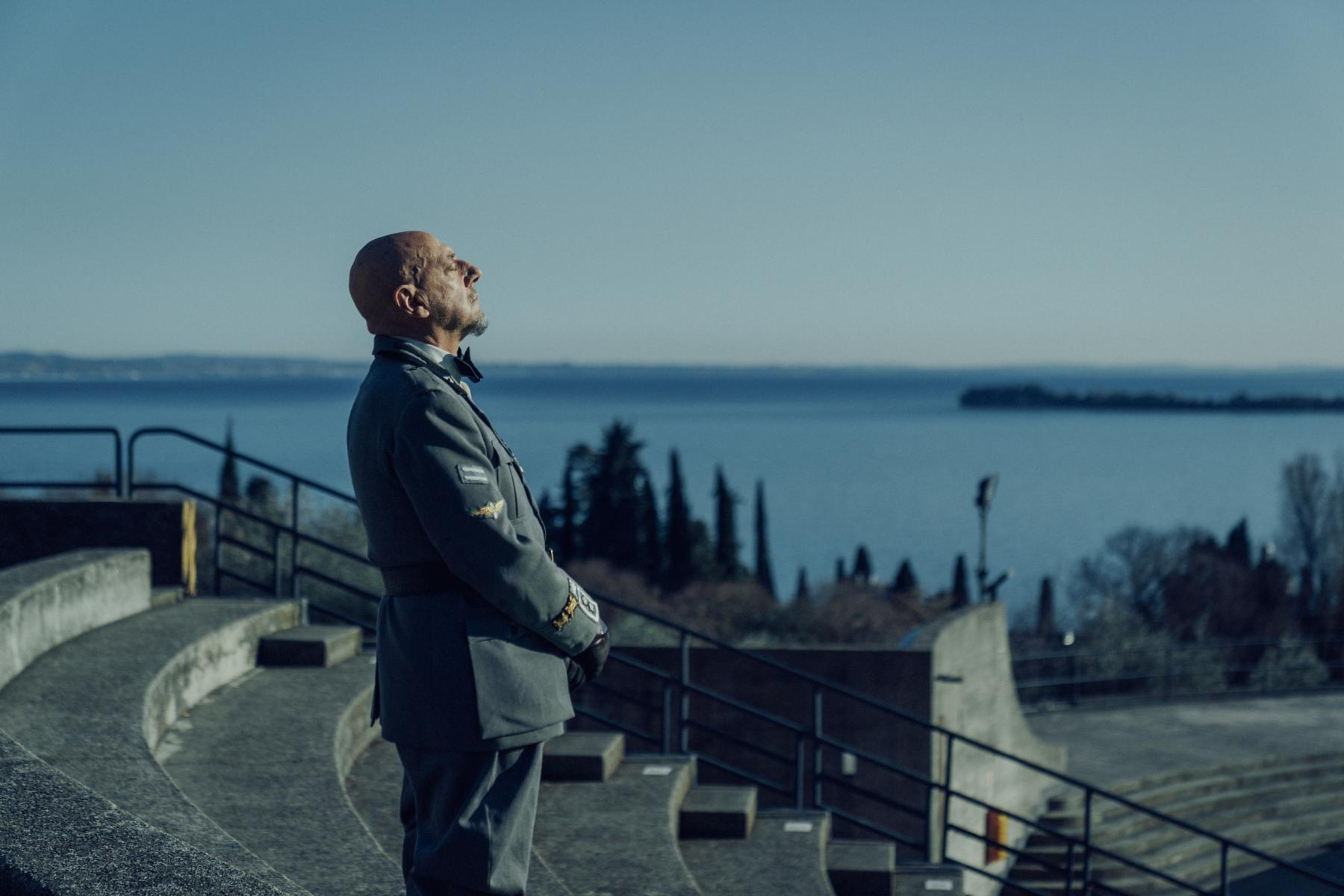
D’Annunzio is like a tooth that is either covered in gold or pulled out, as Mussolini stated in the film. And it is between these two extremes, in a difficult balance, that the young Comini settles. Throughout the film, the pendular movement of the federale physically transports him between two worlds whose difference is revealed architecturally, Jodice uses the iconic and photogenic fascist architecture with its infinite ceilings, colossal windows and monumental staircases to contrast the apparatus and structure with the chaos, decadence and languor that the existence of the great poet represents on the shores of the lake. Crowded rooms, jars, books, tapestries, exotic garments covering the nakedness of the lovers, spread that Glassy blue like a head bending down for a deep kiss that is as viscous as the winter light, representing an infinite twilight, a prolonged and watched over end. It is inevitable not to associate this atmosphere of seclusion and the particular universe of such a self-absorbed character, as well as the use of the young commissioner who watches over the errant brilliant mind that goes out of its intended orbit, whose previous supervision has ended in failure, with a journey to the heart of darkness in northern Italy
The portrait of D’Annunzio in an equally twilight biopic expands the battlefield from seclusion to the wide horizons of a world war with restraint, classical rhythm and evocative power that Gianluca Jodice himself defined as A film in colour, but with the rigour and eternity of black and white, which cinematographer Daniele Ciprì certainly manages to capture. Balance is a word that runs stylistically through The Bad Poet, and which is threatened by the restrained strength of the writer, who despite his apparent fragility —magnificent Castellitto— manages to impregnate the film with a disturbing shadow that threatens, from his particular captivity, the brilliance of the fascist machinery.
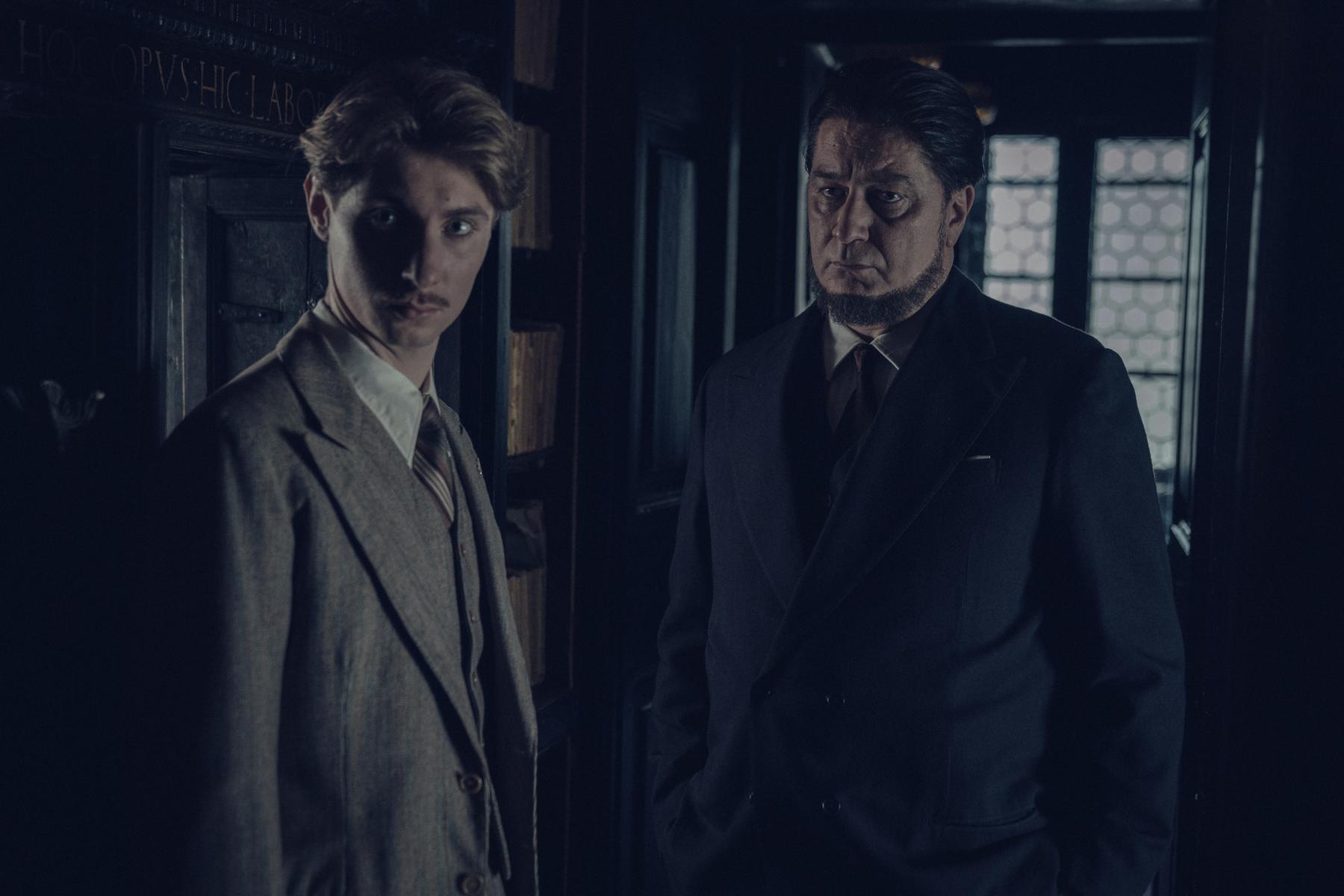
This tension, palpable and subtle at the same time, leaves in the air a scent that is both withering and lethal, accumulated since the beginning of time, potentially noxious, accumulated over a life that was multiple and intense, adored by a nation, detested by Pasolini or Elsa Morante. It was not difficult to fall into the thick line, successfully circumvented by an effective script, but above all by a performance by Sergio Castellitto who seems to act and observe the character at the same time, offering a D’Annunzio as seductive and multifaceted as he deserved to be shown.

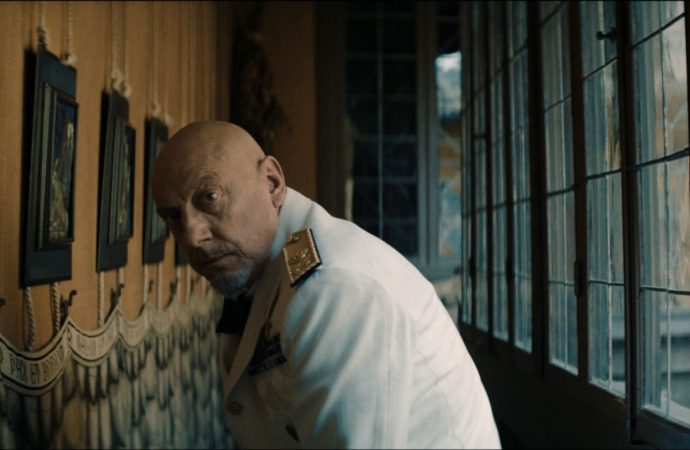

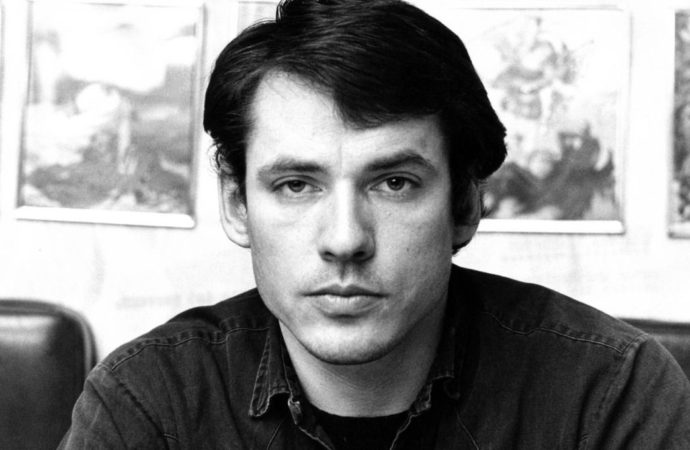
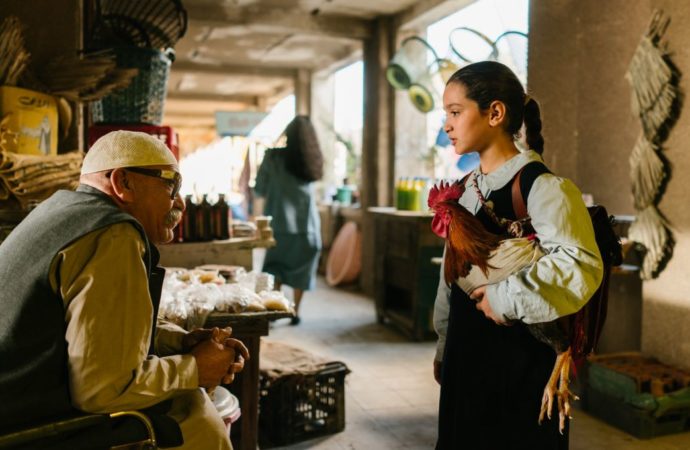
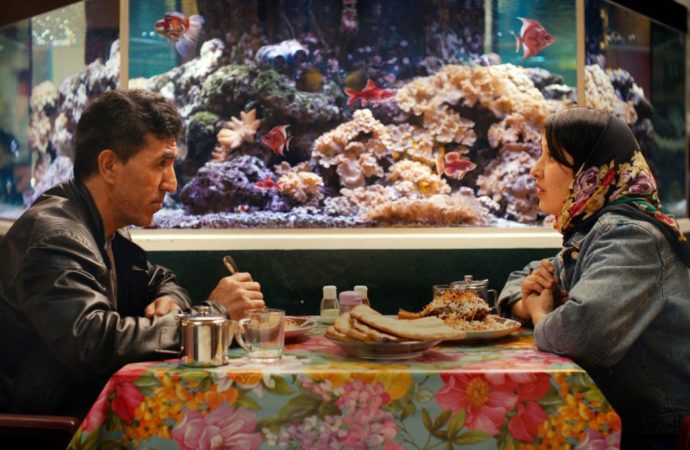


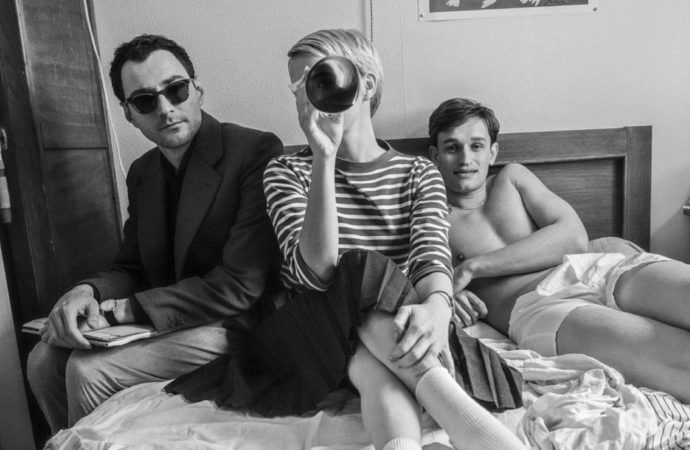
No one has posted any comments yet. Be the first person!